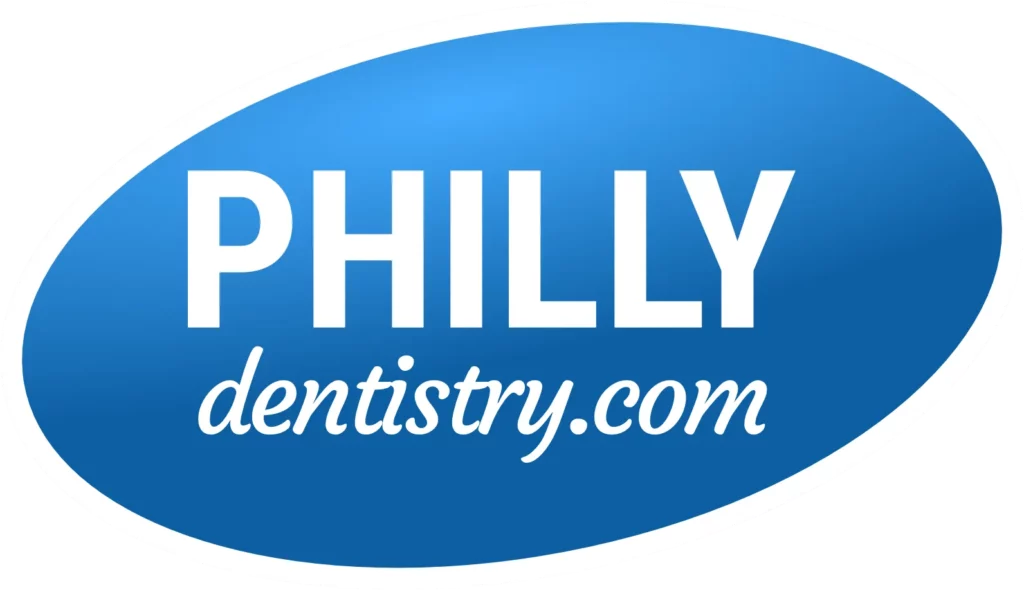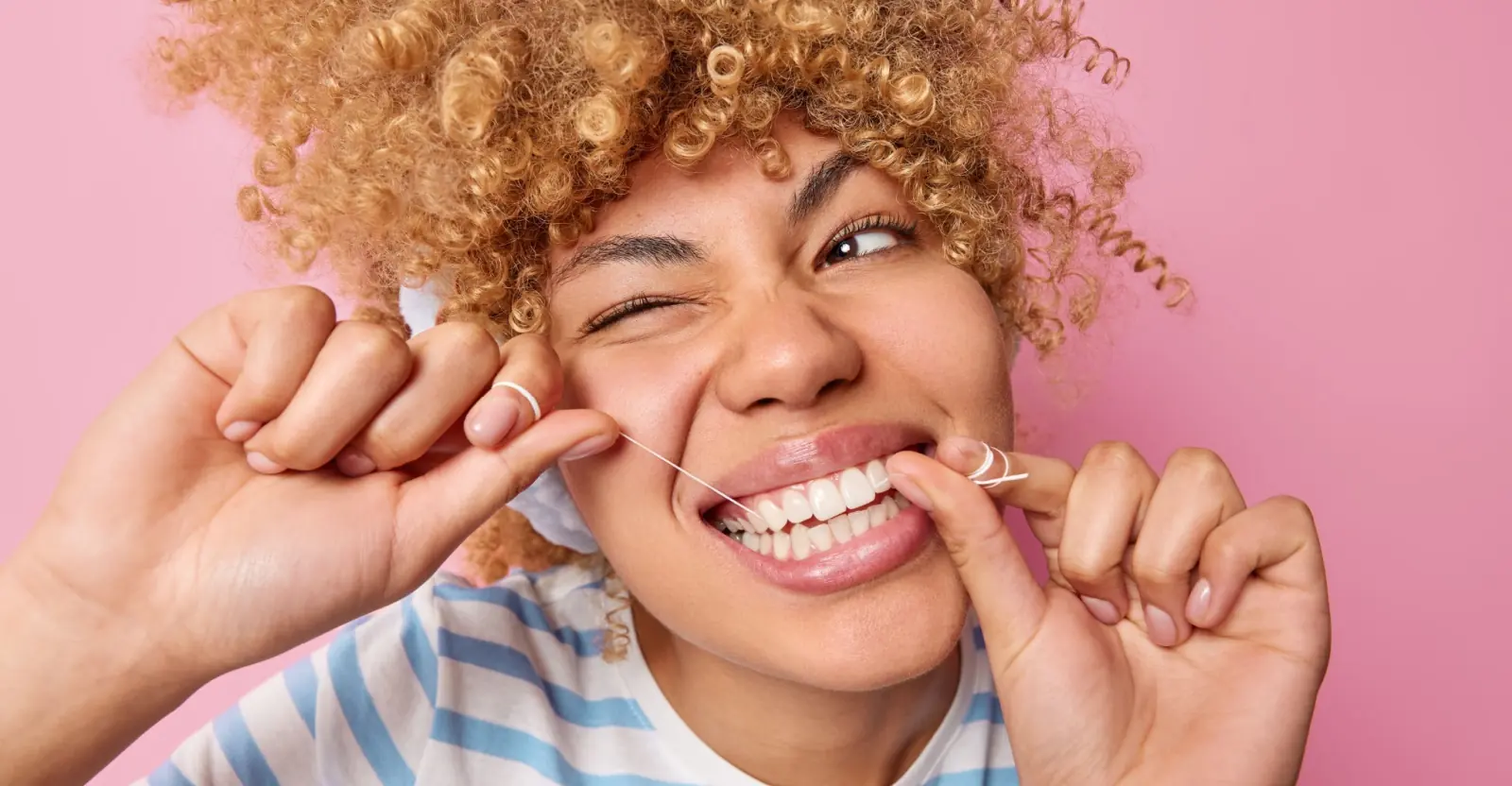1. How do you correctly brush your teeth? Dental hygiene is important. The American Dental Association states that a soft-bristled toothbrush should be used to properly brush your teeth. Why is it important to use a soft-bristled toothbrush? It’s because the soft bristles help you reduce the risk of any trauma like recession on your gums. After you get a soft-bristled toothbrush the next step is to brush at a 45-degree angle with the bristles angled toward the gums. Next, gently move the toothbrush in short circular motions. It’s important to be sure to brush all the areas of the tooth and gums, including the outer surfaces, inner surfaces and finally the chewing surfaces. Don’t forget to brush your tongue as well to remove any harmful bacteria. All this should be done for 2 minutes a day, twice a day to have healthy teeth and gums for life.
2. Flossing? Is it that important? Yes! Yes! Yes! Flossing is very important. When you brush your teeth you only clean 60% of your mouth. Flossing then takes care of the last 40%. Most people don’t realize this and if you think about it would you only want to clean 60% of your body when you shower? I know I wouldn’t, so why only clean 60% of your teeth. If you don’t floss you have a much higher risk of major dental diseases such as, gum disease, cavities and tooth decay which can also lead to heart disease, diabetes, stroke, etc. By taking care of your oral hygiene you’re taking care of your entire body’s health.
3. Piggy backing off of flossing, how do you properly floss? First step is to take about 12-16 inches of floss and wrap each end around your middle fingers. It’s important to leave around 2-3 inches of floss between your hands. Using your thumb and pointer finger to hold the floss then gently insert the floss between the teeth using a sawing motion. Curve the floss around each tooth using a “C” shape motion. Gently move the floss up and down under the gum line, cleaning each side of the tooth.
4. How often am I supposed to floss? It’s important to always brush your teeth twice a day and floss once a day. We recommend that you do these daily rituals every morning and every night before bed.
5. Manual or electric toothbrush? Both toothbrushes can effectively clean your teeth. The manual will be effective if used properly. If you are older and have difficulty using a manual toothbrush then an electric toothbrush is best for you. At your next dentist appointment talk to your dentist to see which option is best for you.
6. What toothpaste should I use? With so many toothpaste options out there it’s important to pick the right one for you. When you are in the market for a new tube of toothpaste it’s important to look for fluoride as an ingredient. Fluoride helps prevent tooth decay and cavities from forming. A good tip to look for is for the ADA Seal of Acceptance. These toothpastes are officially approved by the American Dental Association through scientific evidence demonstrating their safety and ability to prevent tooth decay, gingivitis and tartar buildup.
7. What can I do for my bad breath? Some ways to help fight bad breath is to practice great oral hygiene by brushing twice a day, flossing and don’t forget to brush your tongue. If you use tobacco products there’s a better chance you are suffering from bad breath so stop using them as soon as possible. Be sure to drink plenty of water to help wash out your mouth from any bacteria. When using mouthwash look for mouthwash without any alcohol in it as an ingredient.
8. How do I know if I have gum disease? A lot of times people may not know they have periodontal or gum disease because the symptoms are “silent” and cause no pain in the beginning stages. Here are some signs to look for if you think you may have periodontal disease. Red, puffy and bleeding gums, your gums are starting to recede, you notice any newly formed gaps between your teeth, your teeth are starting to get loose and you notice you are having consistently bad breath. If you are noticing any of those signs it’s time to contact Philly Dentistry to get checked out so we can stop the periodontal disease before it worsens.
9. How often should I visit the dentist? It’s normally recommended that you visit the dentist for cleanings and check ups every 6 months. This allows the dentist to find any small problems before they become larger problems. When you get a cleaning from our wonderful hygienists they remove and calculus or tartar buildup that cannot be removed by a toothbrush. Not everyone is the same so if you are more prone to cavities or gum disease our dentists may say that you need to visit our hygiene team every 3-4 months.
10. Why are my teeth turning yellow? Stained teeth are usually caused by aging, food, drinks, such as, coffee, tea, red wine, etc. and smoking causes your teeth to stain as well. It’s just a part of life for your teeth to stain over time, but luckily for you Philly Dentistry offers professional whitening treatments to get rid of any stains and can even whiten your smile by 10 times!
Give us a call at 215-568-6222 and we can set you up with a free new patient consultation so we can detect any early signs of any type of dental problem you may be dealing with. Send us an email at info@phillydentistry.com and don’t forget to check us out on social media @PhillyDentistry. Thanks for reading!


